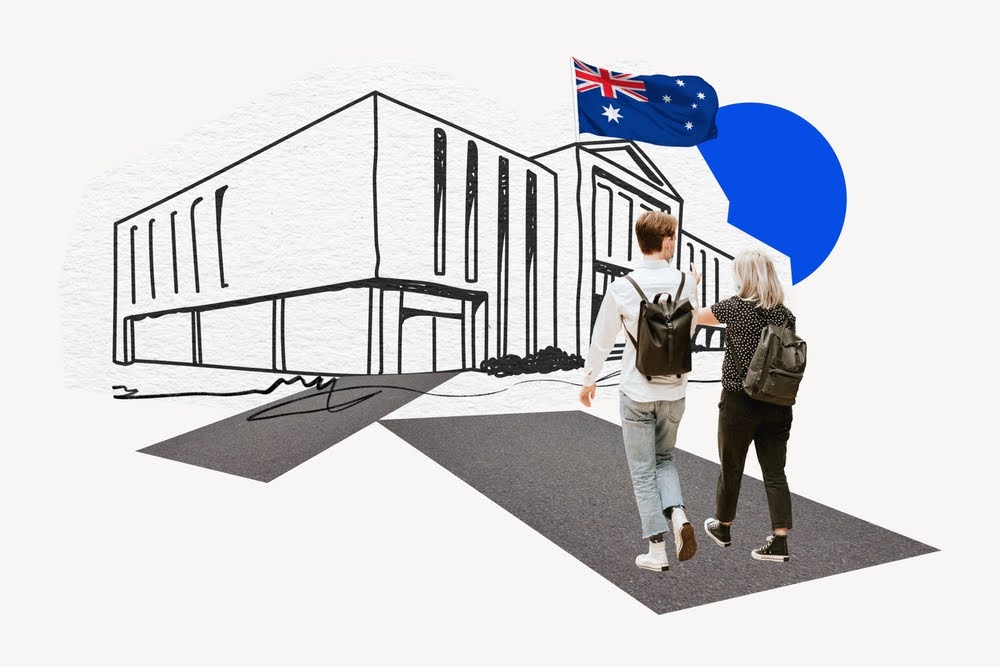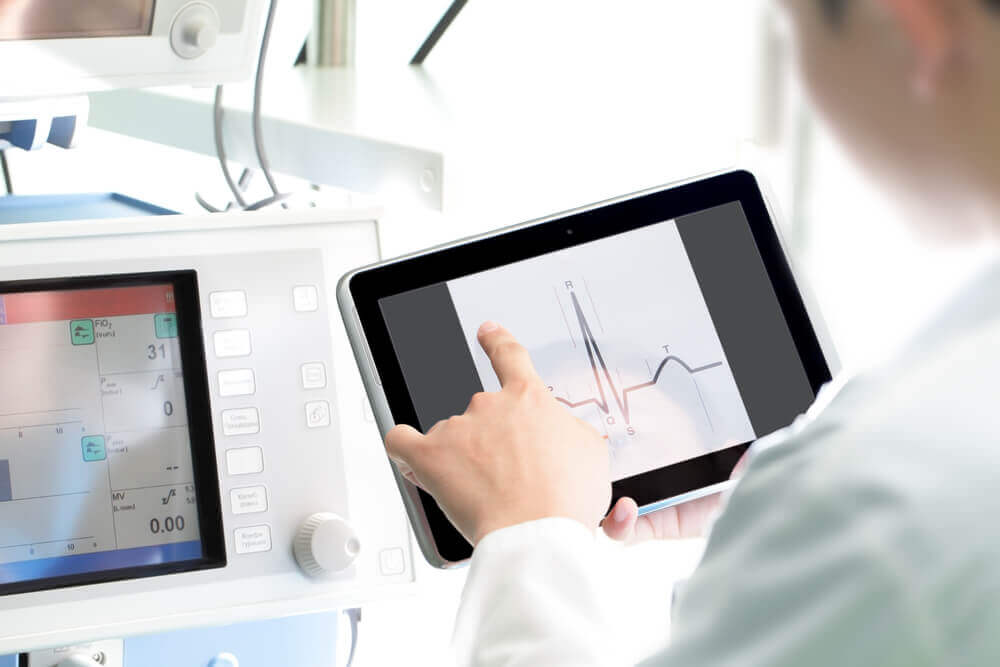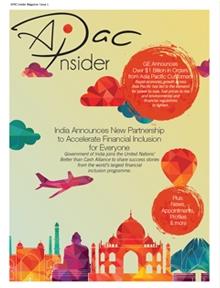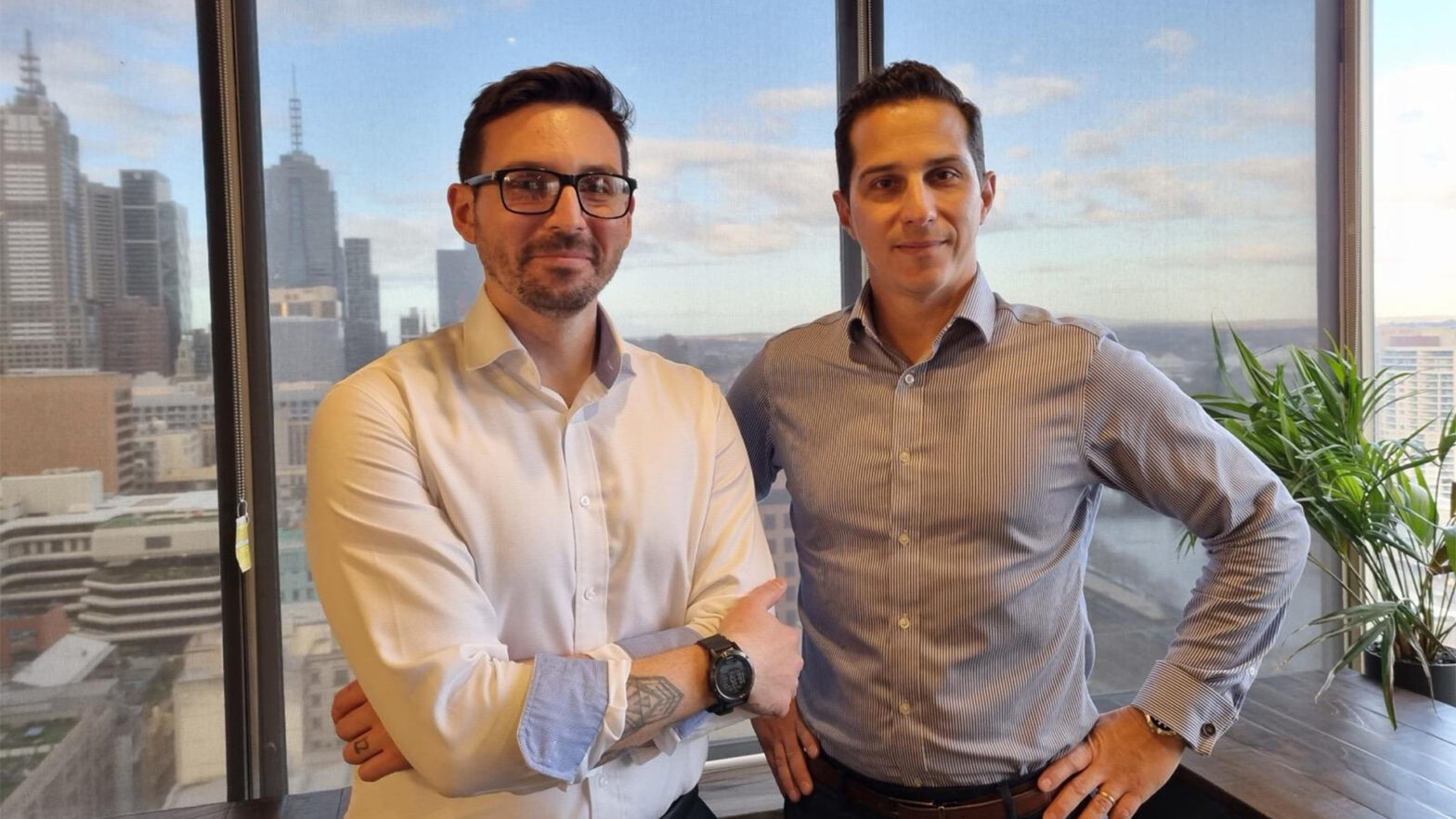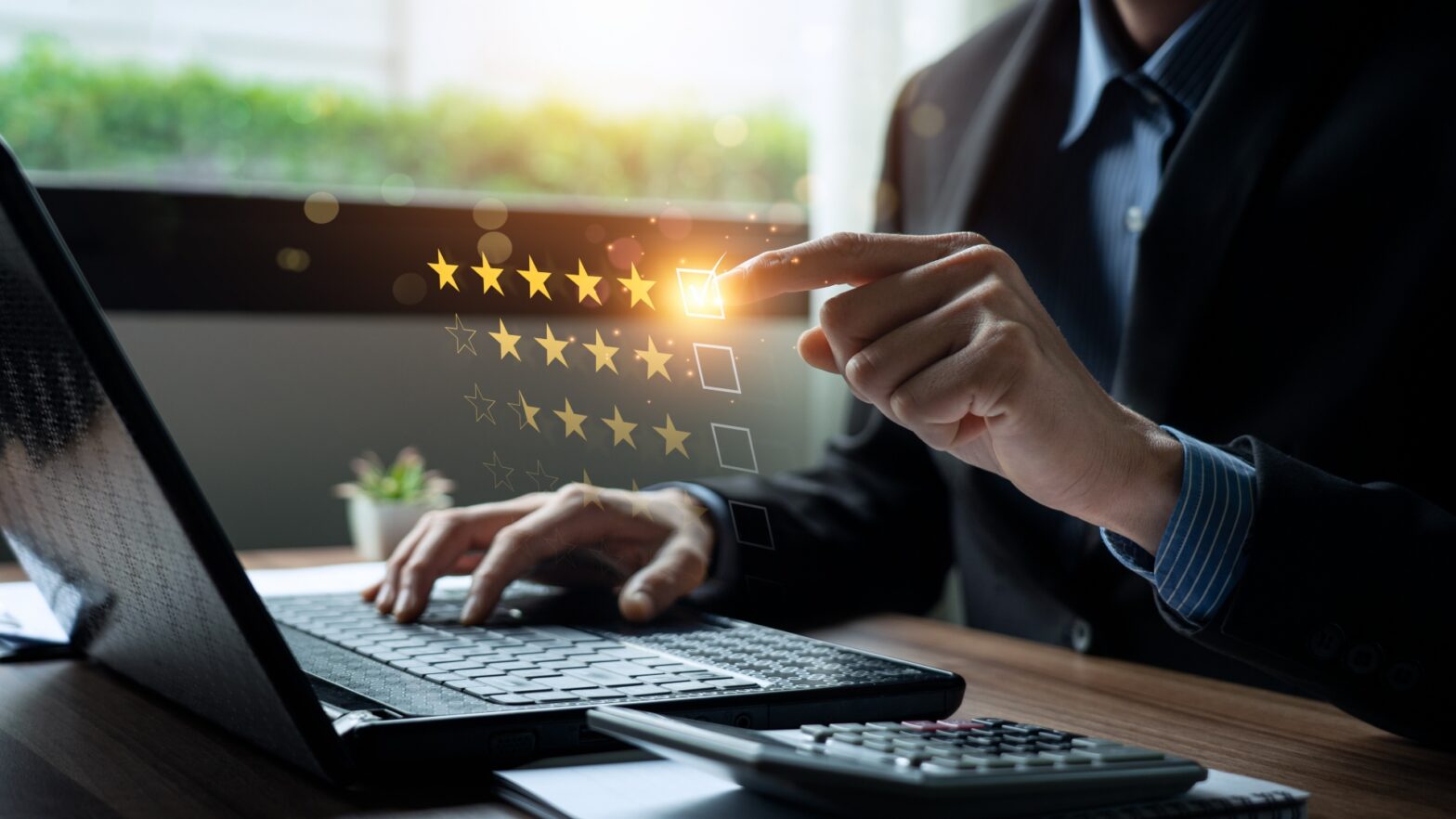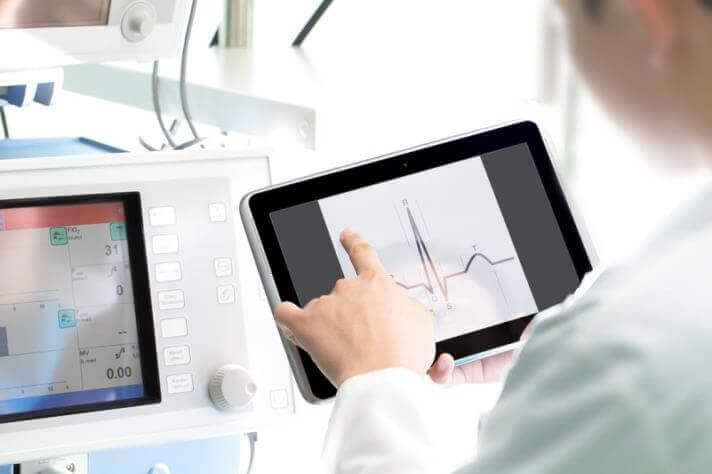
Healthtech Could Be A Game Changer for Asia
Baker & McKenzie Releases Report to Help Companies Get Ready for Digital Disruption in Healthcare
A new Baker & McKenzie report highlights that Asia Pacific will be facing an enormous healthcare challenge by 2025 and that technology innovation will help to overcome the impediments in current health systems and achieve long-term sustainability. This transition will create new opportunities with significant upside for healthtech and medical device companies and pharmaceutical corporations. Yet the technological advances expose companies to a number of new regulatory challenges as lawmakers struggle to interpret the consequences of medtech innovation.
Ben McLaughlin, Head of Baker & McKenzie’s Asia Pacific Healthcare Group, noted that, “The healthcare industries are undergoing sweeping changes and we are seeing a convergence of investments between the IT and healthcare sectors. Big Data, Telemedicine and Mobile Health have become the new buzzwords. These new developments bring with them a suite of legal issues such as data privacy and security, regulation of medical devices, and IP rights protection. These issues are affecting many of our clients. Through this report we hope to assist our clients as they take advantage of these new opportunities, and provide strategic insights that help them grow and protect their businesses.”
“Powering the Future of Healthcare in Asia Pacific” is a six-part report series produced by Baker & McKenzie in partnership with The Propell Group. The Report, which will be released over the period of six months, considers the impact of technological innovation on healthcare in the region and highlights some of the legal concerns which start-up innovators, and pharmaceutical and medical devices companies may face in this new paradigm of e-Health:
- Chapter One: November 2015: The healthcare e-revolution and an overview of the legal challenges brought on by technological advances which healthtech companies and investors may face.
- Chapter Two: December 2015: Five ways Big Data is changing healthcare, and the legal implications in relation to Genomics and Telemedicine
- Chapter Three: January 2016: The rise of bio-sensors wearables and Mobile Health. Are these regulated as “medical devices”? What are the key regulatory challenges pertaining to data privacy and security, and also collection and use of data?
- Chapter Four: February 2016: How to utilize intellectual property laws to safeguard your business’s most valuable assets?
- Chapter Five: March 2016: The changing Asia Pacific Healthcare landscape. Who are the change agents? Who are the new entrants?
- Chapter Six: April 2016: The future of healthcare in Asia. The ambition of building an OECD standard of healthcare infrastructure and delivery across the Asia Pacific region remains a distinct goal. Is leapfrogging the OECD model the key to achieving sustainability and cost efficiency in the long run for the region?
“Data is transforming healthcare. Big data and mobile devices are making healthcare more accessible regionally and globally,” Julien de Salaberry, one of the report’s co-authors, said. “Asia is a hot bed for healthtech start-ups, particularly in China, India, Australia and Singapore. I think there is real opportunity for Asia to leapfrog their healthcare infrastructure limitations, and be one step closer towards delivering better healthcare to all,” Julien is the founder and CIO of The Propell Group, a boutique venture investor and advisory firm focusing on healthtech early stage companies.
The Healthtech Report is the latest addition to the portfolio of high-tech resources released by Baker & McKenzie for pharmaceuticals, healthcare, biotech and medical device companies. In 2014, the Firm released the Asia Pacific Healthcare MapApp, a mobile phone application delivering real-time updates to life sciences clients on smartphones and tablet devices, and winner of the “Most Innovative in Technology” at the Financial Times 2015 Asia Pacific Innovative Lawyers Awards. The Group’s innovative approach to client service has garnered the group sole ‘Tier 1’ rating in the 2014 and 2015 Chambers Asia Pacific Life Sciences rankings.










